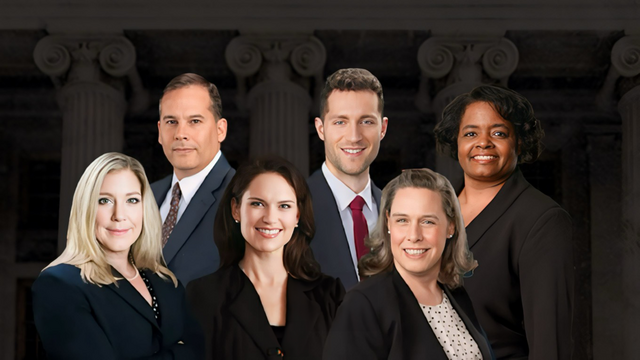Virginia Federal Drug Investigations
There are two main agencies that are involved in Virginia federal drug investigations – the Drug Enforcement Agency (DEA) and the Federal Bureau of Investigation (FBI). However, in Northern Virginia, often the Federal Government will tag team with local law enforcement agencies to create task forces which involve multiple agents from multiple agencies that could be either federal or state. These resources make it important that a Virginia federal drug lawyer is contacted as soon as possible to protect the rights of accused and begin building a defense.
Investigation Tactics
The FBI has been known to use a lot of different types of investigative tactics to try to secure drug arrests. Some of the more common ones include wiretaps for phones that they believe are used by suspected drug distributors or drug manufacturers and an extensive network of confidential informants.
Confidential informants, in many cases, are the bread and butter of a Virginia Federal drug investigation. They like to arrest small time people and leverage the potential penalties these people face by trying to get them to turn on people who are higher up the chain.
For example, if a street level drug dealer is arrested or charged in any way, very often that person will be given the opportunity to sit with government agents and divulge information about the person from whom they acquire the drugs that they sell. In those cases, very often the person has enough incentive to turn against the people they buy from.
Once the FBI gets that information, they proceed with their investigation of the higher up person in ways that can include recorded phone calls and controlled buys by the confidential informant.
How Investigations Are Conducted
The principal evidence that the government is looking for is evidence from other people who might be involved in whatever conspiracy the government thinks the person they are investigating is involved in.
Additionally, they might be tapping phones and looking at bank accounts. They will execute search warrants for bank records and investigate individual’s residences to determine whether or not they can find any evidence of drug distribution. Some of the things they look for when they are searching homes are computer records, owe sheets, drugs, and any paraphernalia that might be used to assist a person in the distribution of drugs, like scales and packaging equipment.
Is There Any Way to Limit The Government’s Access to This Information?
Once the police get a search warrant, they are going to execute that search warrant before the subject of their search has an opportunity to act on it. Generally, if they are investigating someone, there is no way to prevent them from doing those things.
A search subject is under no obligation to speak to any law enforcement official, and if the officials do not have a warrant, then the individual is not under any obligation to consent to a search. If they have a search warrant however, then the individual has to comply. If they knock on the person’s door and want to have a chat or look through their house, that person has a Constitutional right to tell them no, and they should always, under every circumstance, exercise that right.
Legal Rights When Interacting With Police
A person who is being investigated should not go to the station with police officials if they ask, even if they are innocent, because the police can, and will, use whatever they say against them. Any words that someone says can and will be massaged by the government to try to accomplish their goal of proving that they did something illegal.
With this in mind, it is a bad idea to talk to the government without first consulting with an attorney. Even in cases where a person did nothing wrong and it was a misunderstanding, they should go over everything that happened that drew the Government’s attention to them with an attorney. Once the attorney has all the facts, they can sit down with the government and the client, and explain the situation.




